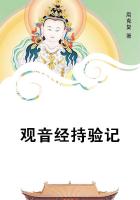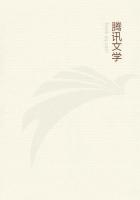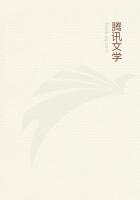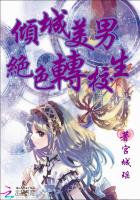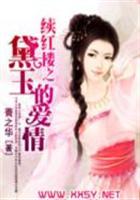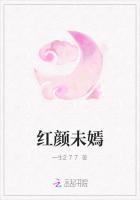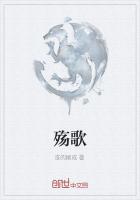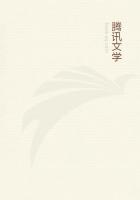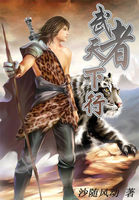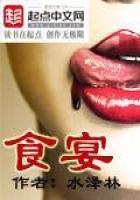The rest were mere savages.But the empires of China, Indostan, Japan, as well as several others in the East Indies, without having richer mines of gold or silver, were in every other respect much richer, better cultivated, and more advanced in all arts and manufactures than either Mexico or Peru, even though we should credit, what plainly deserves no credit, the exaggerated accounts of the Spanish writers concerning the ancient state of those empires.But rich and civilised nations can always exchange to a much greater value with one another than with savages and barbarians.Europe, however, has hitherto derived much less advantage from its commerce with the East Indies than from that with America.The Portuguese monopolized the East India trade to themselves for about a century, and it was only indirectly and through them that the other nations of Europe could either send out or receive any goods from that country.When the Dutch, in the beginning of the last century, began to encroach upon them, they vested their whole East India commerce in an exclusive company.The English, French, Swedes, and Danes have all followed their example, so that no great nation in Europe has ever yet had the benefit of a free commerce to the East Indies.No other reason need be assigned why it has never been so advantageous as the trade to America, which, between almost every nation of Europe and its own colonies, is free to all its subjects.The exclusive privileges of those East India companies, their great riches, the great favour and protection which these have procured them from their respective governments, have excited much envy against them.This envy has frequently represented their trade as altogether pernicious, on account of the great quantities of silver which it every year exports from the countries from which it is carried on.The parties concerned have replied that their trade, by this continual exportation of silver, might indeed tend to impoverish Europe in general, but not the particular country from which it was carried on; because, by the exportation of a part of the returns to other European countries, it annually brought home a much greater quantity of that metal than it carried out.Both the objection and the reply are founded in the popular notion which I have been just now examining.It is therefore unnecessary to say anything further about either.By the annual exportation of silver to the East Indies, plate is probably somewhat dearer in Europe than it otherwise might have been; and coined silver probably purchases a larger quantity both of labour and commodities.The former of these two effects is a very small loss, the latter a very small advantage; both too insignificant to deserve any part of the public attention.The trade to the East Indies, by opening a market to the commodities of Europe, or, what comes nearly to the same thing, to the gold and silver which is purchased with those commodities, must necessarily tend to increase the annual production of European commodities, and consequently the real wealth and revenue of Europe.That it has hitherto increased them so little is probably owing to the restraints which it everywhere labours under.
I thought it necessary, though at the hazard of being tedious, to examine at full length this popular notion that wealth consists in money, or in gold and silver.Money in common language, as I have already observed, frequently signifies wealth, and this ambiguity of expression has rendered this popular notion so familiar to us that even they who are convinced of its absurdity are very apt to forget their own principles, and in the course of their reasonings to take it for granted as a certain and undeniable truth.Some of the best English writers upon commerce set out with observing that the wealth of a country consists, not in its gold and silver only, but in its lands, houses, and consumable goods of all different kinds.In the course of their reasonings, however, the lands, houses, and consumable goods seem to slip out of their memory, and the strain of their argument frequently supposes that all wealth consists in gold and silver, and that to multiply those metals is the great object of national industry and commerce.
The two principles being established, however, that wealth consisted in gold and silver, and that those metals could be brought into a country which had no mines only by the balance of trade, or by exporting to a greater value than it imported, it necessarily became the great object of political economy to diminish as much as possible the importation of foreign goods for home consumption, and to increase as much as possible the exportation of the produce of domestic industry.Its two great engines for enriching the country, therefore, were restraints upon importation, and encouragements to exportation.
The restraints upon importation were of two kinds.
First, restraints upon the importation of such foreign goods for home consumption as could be produced at home, from whatever country they were imported.
Secondly, restraints upon the importation of goods of almost all kinds from those particular countries with which the balance of trade was supposed to be disadvantageous.
Those different restraints consisted sometimes in high duties, and sometimes in absolute prohibitions.
Exportation was encouraged sometimes by drawbacks, sometimes by bounties, sometimes by advantageous treaties of commerce with foreign states, and sometimes by the establishment of colonies in distant countries.
Drawbacks were given upon two different occasions.When the home manufactures were subject to any duty or excise, either the whole or a part of it was frequently drawn back upon their exportation; and when foreign goods liable to a duty were imported in order to be exported again, either the whole or a part of this duty was sometimes given back upon such exportation.

